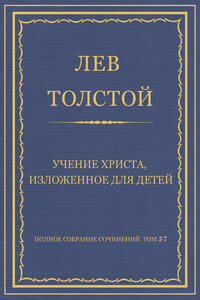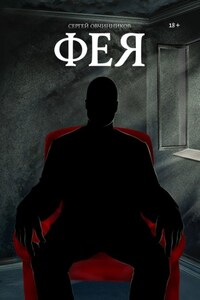In the present volume I have included a number of Anecdotes and Sketches which I had previously introduced into my History of the Forest of Rossendale, and also a subsequent book of mine, entitled Lancashire Characters and Places. I felt that it was admissible to do this in a volume dealing specifically with the subject of Lancashire Humour, and I am in hopes that readers who already possess copies of the works named will not object to their being reproduced here. They were worth giving in this connection, and, indeed, their omission could scarcely be justified in a book of humorous Lancashire incidents and anecdotes.
There is surely a want of discernment shown by those who object to the use of dialect in literature as occasion offers. A truth, or a stroke of wit, or a touch of humour, can often be conveyed in dialect (rustice loqui) when it would fail of effect in polite English. All language is conventional. Use and wont settles much in this world. Dialect has its use and wont, and because it differs from something else is surely no reason for passing it by on the other side.
I don't know whether many of my readers have read the poems of T. E. Brown. They are chiefly in the Manx dialect, not Manx as a language – a branch of the Keltic – but Manx dialect English. Here was a man steeped to the eyes in classical learning; a Greek and Latin scholar of the first quality, as his recently published Letters testify. But he was wise as well as learned, and his poetry, not less than his Letters, will give him a place among the immortals, just as the dialect poems of Edwin Waugh will give him a like place. Brown did not shrink from using the speech of the common people around him if haply he could reach their understandings and their hearts.
The proper study of Mankind is man. Not the superfine man, not the cultured man, only, but the man as we encounter him in our daily walk – Hodge in homespun as well as de Vere in velvet.
It will not be disputed that, apart from the use of dialect, there is a substratum of humour in the Lancashire character which evinces itself spontaneously and freely on occasions. There can be no doubt, also, that this humour, whether conscious or unconscious, is usually accentuated or emphasised when the dialect is the conveying medium, because its quaintness is in keeping with the peculiarities of the race. Besides, there is a naturalness, a primitivity, and therefore a special attractiveness in all dialect forms of speech which does not invariably characterise the expression of the same ideas in literary English.
Now, humour is such a desirable ingredient in the potion of our human existence, that it would be nothing less than a dire misfortune to make a point of eschewing the setting which best harmonises with its fullest and fairest presentation, whether it emanates from the man in clogs or from the most cultured of our kind.
Our greatest writers have recognised the worth of dialect as a medium for humour, and hence many of the most memorable and amusing characters in Scott and Dickens – to take the two writers that occur to us most readily by way of illustration – portray themselves in the dialect of their native heath.
These remarks must be taken in a general sense, and not as having any special bearing on the present contribution. The two, else, would not be in proportion. My object has simply been to gather up the waifs and strays of humorous incident and anecdote, with a view to enlivening a passing hour.
Some of the stories that I give are related of incidents that are said to have occurred in, or of persons belonging to, both Lancashire and the West Riding. It is difficult to locate all of them so as to be quite certain of their parentage. I have tried, however, to limit myself to such as have a genuine Lancashire origin, without trenching on the domain of our neighbours in Yorkshire.
The present collection by no means exhausts the number of good stories that are to be found on Lancashire soil. It is highly probable that were half-a-dozen writers to devote some time to the subject, they would each be able to present a collection differing from all the rest in the characteristic anecdotes which they would select.
Readers outside of the County Palatine will not have any difficulty in perusing the stories. The dialect in each has been so modified as to admit of its being readily understood by every intelligent reader.
T. N.
Manchester,
December 10th, 1900.
"Come, Robin, sit deawn, an' aw'll tell thee a tale."
Songs of the Wilsons.
If we would find the unadulterated Lancashire character, we must seek for it on and near to the eastern border of the county, where the latter joins up to the West Riding of Yorkshire.1 Roughly, a line drawn from Manchester on the south, by way of Bolton and Blackburn and terminating at Clitheroe in the north, will cut a slice out of the county Palatine, equal on the eastward side of this line, to about one-third of its whole area; and it is in this portion that the purest breed of Lancashire men and women will be found. A more circumscribed area still, embracing Oldham, Bury, Rochdale, the Rossendale Valley, and the country beyond to Burnley and Colne, contains in large proportion the choicest examples of Lancashire people, and it is within the narrower limit that John Collier ("Tim Bobbin") first of all, then Oliver Ormerod, and, later, Waugh, Brierley, and other writers in the vernacular, have placed the scenes of their Lancashire Stories and Sketches, and found the best and most original of their characters.








